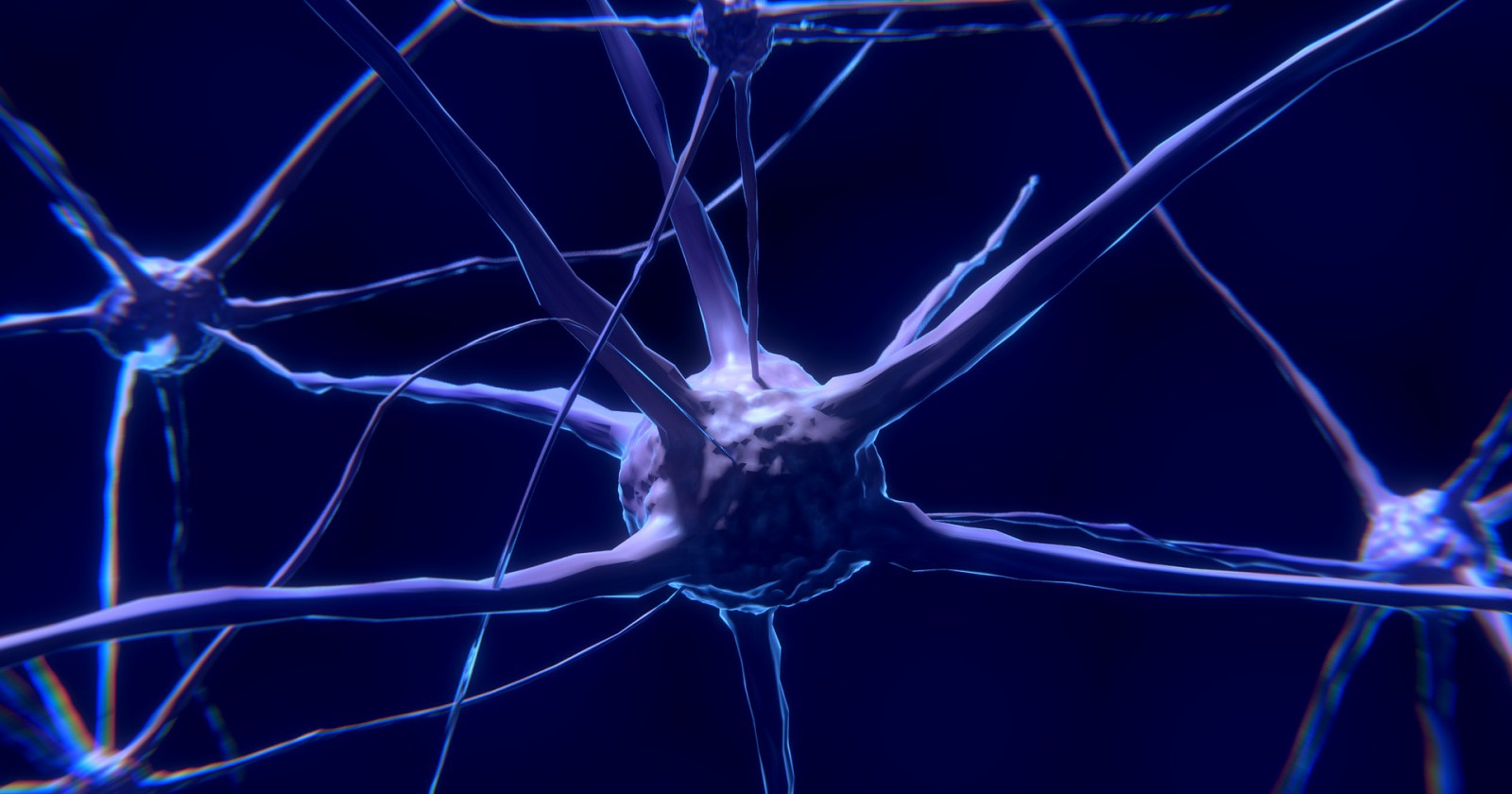
A Woman Who Can’t Feel Pain. The Mutation in Her DNA May Help Treat Chronic Pain02.04.2019
Rarely throughout her life, if ever, has 71-year-old Jo Cameron felt pain or experienced stress. Her “affliction” was discovered after a recent surgery—surprised at her extremely fast and painless recovery, the doctors ordered a series of genetic tests.
The retired teacher, living in Scotland, lived her life like any one of us, with broken bones, cuts, and burns. She bore two children and underwent a couple of surgeries. The pain that inevitably accompanied all of these experiences, however, made no impact on her. Her spirit was similarly indomitable—she was able to keep a clear head in very tense situations, was always optimistic, and a battery of psychological tests revealed that she’s very resistant to depression.
In a conversation with The Guardian, Cameron admitted feeling different for most her life, but was convinced that this was due to her positive mental attitude. Later in life, however, she was qualified by her doctors for a hip replacement, but the surgery was repeatedly postponed because she wasn’t in pain. And when she finally underwent the risky and needlessly delayed operation, she left the hospital the following day, dealing with the pain with paracetamol alone. Soon thereafter, she was diagnosed with osteoarthritis, a very painful condition which again left her unfazed, so the doctors booked her for another surgery and began a more in-depth examination of their unusual patient, reaching out to pain researchers from London’s University College.
Genetic testing revealed that Cameron carried a mutation in a previously unknown gene that the UCL scientists believe has to be a key element in pain signalling pathways, mood changes, and minute memory problems that Cameron admitted she suffers from. Curiously, she also carried a more familiar mutation that dampened the activity of a gene called FAAH, responsible for an enzyme that breaks down anandamide, a psychoactive cannabinoid compound. The tests showed that Cameron had twice the levels of the compound than is typical for the general population.
The highly interesting case, which has been described in-depth in the latest issue of the British Journal of Anaesthesia, may help develop novel gene therapies and play a key role in treating chronic pain—that is pain which persists or recurs for over six months—a debilitating condition that affects millions worldwide.
see also
- Natasha Mwansa: Commercial that became a social experiment
 Papaya Young Directors
Papaya Young DirectorsPeople
Natasha Mwansa: Commercial that became a social experiment
- Shoot a Music Video for Papaya Young Directors
 Papaya Young Directors
Papaya Young DirectorsNews
Shoot a Music Video for Papaya Young Directors
- Learn From the Best. See Archival Conversations with Herzog, Jarmusch, Wenders, and Bong Joon-ho

News
Learn From the Best. See Archival Conversations with Herzog, Jarmusch, Wenders, and Bong Joon-ho
- The Whole of "The Office" in Four Days, and "Mad Men" in Three Without Breaks. See the Calculator for Binge-Watchers

News
The Whole of "The Office" in Four Days, and "Mad Men" in Three Without Breaks. See the Calculator for Binge-Watchers
discover playlists
-
Nowe utwory z pierwszej 10 Billboard Hot 100 (II kwartał 2019 r.)
 15
15Nowe utwory z pierwszej 10 Billboard Hot 100 (II kwartał 2019 r.)
-
 03
03 -
 05
05 -
Muzeum Van Gogha w 4K
 06
06Muzeum Van Gogha w 4K
